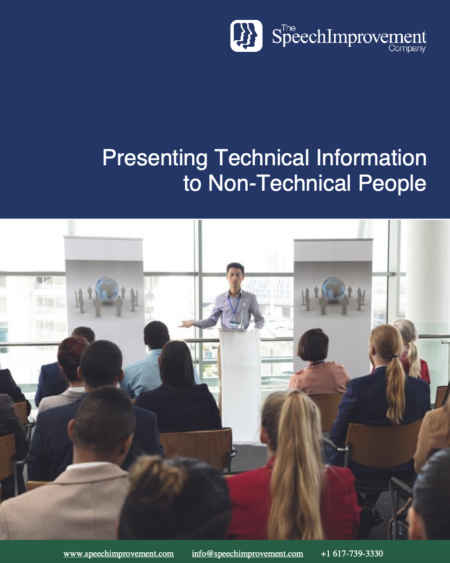When communicating up the corporate ladder, the ability to curate information effectively is crucial. However, many people fall into the trap of oversharing details, driven by underlying psychological factors that can undermine their communication effectiveness.
One of the primary reasons people feel compelled to overshare is the desire to validate their worth. The mindset of proving you’ve done a lot of work often stems from a need for recognition and approval. By sharing every detail, individuals might hope to demonstrate their diligence, competence, and value to the organization. However, this approach can backfire, as it overwhelms the listener with information that dilutes the core message. Instead of being perceived as thorough, they risk being seen as unfocused or even insecure.
Another factor is the fear of being perceived as unprepared or uninformed. Some people equate brevity with a lack of knowledge, believing that by providing more details, they can protect themselves from scrutiny or criticism. This belief can stem from a lack of confidence or an overestimation of how much information others need to see them as credible. Yet, this attitude often leads to information overload, which can frustrate senior leaders who are pressed for time and need clear, concise insights to make informed decisions.
The inability to ruthlessly curate information may also be influenced by a perfectionist mindset. Perfectionists often struggle with the fear of leaving out something important, leading them to include excessive details “just in case.” This cautious approach, while well-intentioned, can hinder effective communication by cluttering the message with unnecessary information.
To overcome these inhibiting attitudes, it’s important to shift the focus from proving oneself to serving the needs of the listeners, “It’s not about YOU!” Recognize that clarity and relevance are valued far more than sheer volume of information. By distilling your message to its essential elements, you not only demonstrate respect for your listeners’ time but also convey confidence in your judgment and decision-making abilities.





